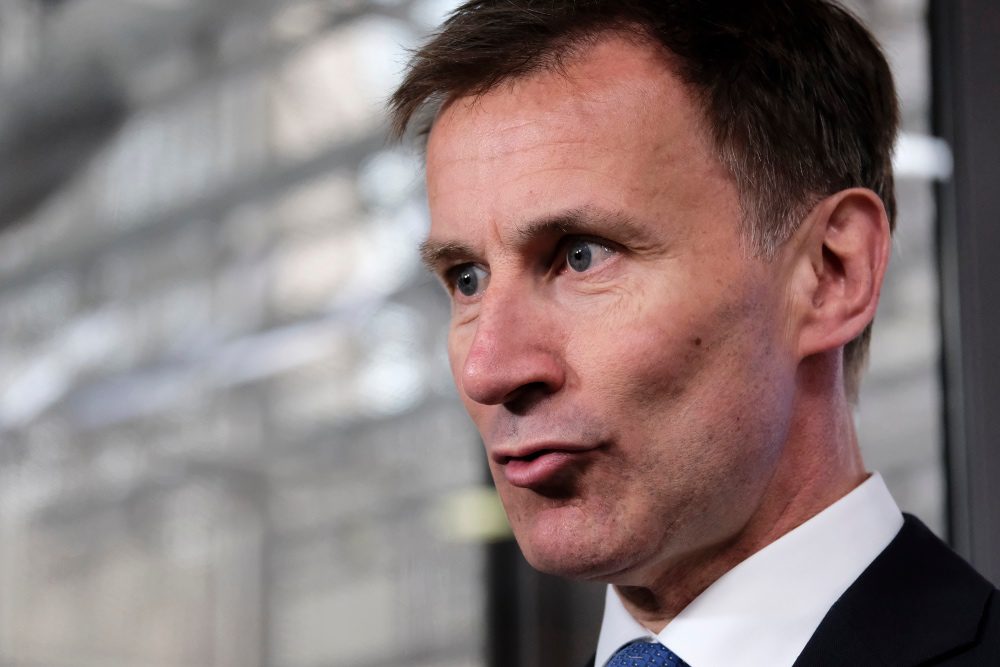
The government has confirmed a 7% cap on the amount by which social landlords can raise rents for their tenants next year.
Due to come into effect in April, the limit will mean social landlords can increase rents for tenants by up to 7% – though they don’t have to necessarily implement this maximum amount.
Rents are currently set at 1% above the September inflation rate; latest data shows that the UK inflation rate now sits at 11.1%.
Making the announcement, Chancellor Jeremy Hunt said that, compared to current plans, the cap would save the average tenant £200 from next year.
Prior to the confirmation, proposed options to replace the usual cap of 1% above the September inflation rate were 3%, 5%, or to make no change at all.
Commenting on the announcement, Samantha Grix, partner at law firm Devonshires – which works with the social housing sector – said: “Setting the rent cap at 7% will come as a huge relief to registered providers and prevents a potentially apocalyptic scenario for some.
“RPs are facing a perfect storm of costs including fire safety and decarbonisation, so limiting rent increases to 3 or 5% would have been untenable for many.
“However, the higher cap will allow RPs a bit of headroom to ensure their viability and allow them to deliver the much-needed low-cost housing they provide to this country.”
Speaking on Twitter, James Prestwich, director Policy and External Affairs at the Chartered Institute of Housing (CIH), said: “The announcement on 7% cap brings degree of certainty big decisions to be made to balance investment with affordability for tenants [sic].”
The CIH itself said: “We are pleased to see benefits uprated inline with inflation in today’s Autumn Statement, after working with others campaigning to protect those most in need recent months.”
On Twitter, the National Housing Federation said: “In response to the #Autumnstatement, today housing associations across England representing 80% of shared owners have committed to cap #SharedOwnership rent increases at 7%, matching the social housing rent cap.”
Matt Cowen, a senior associate at the law firm Winckworth Sherwood, which specialises in social housing governance, said: “No doubt there remain tough times ahead for many social housing tenants squeezed by the cost-of-living crisis, but the introduction of this rent cap will partly mitigate the 11.1% rent increases that would have otherwise taken effect from next April, being September’s CPI rate of 10.1% plus 1%.
“Social housing landlords also face their own financial pressures, particularly in relation to meeting development targets and decarbonisation commitments – they will need to consider how this cap on their main source of income impacts those plans whilst ensuring, as far as possible, that a reduced income does not lead to less and lower quality housing stock over the medium to long term.”
He added: “It should also be remembered that the rent cap announced today does not apply to shared ownership rents or private sector rents.”
Earlier this week, the Welsh government confirmed that it would introduce a 6.5% social rent cap from April next year.
The minister outlined a series of commitments she had secured with landlords, including that there will be no evictions “due to financial hardship” for the term of the rent settlement in 2023-24, as long as tenants engage with their landlords.
Further announcements
Elsewhere, the chancellor announced that stamp duty cuts will remain in place until 31 March 2025, after which time the measure will be “sunsetted”.
Hunt said this was in response to an OBR (Office for Budget Responsibility) prediction that the UK housing market is set to see a decline over the next few years.
Indeed, the OBR has forecasted house prices to fall by 1.2% in 2023 and by a further 5.7% in 2024.
Pledging to help “those most vulnerable”, Hunt said the government will introduce additional cost-of-living payments next year of £900 to households on means-tested benefits, £300 to pensioner households, and £150 for individuals on disability benefits.
He added that the government will also provide an additional £1bn of funding to enable a further 12-month extension to the Household Support Fund, “helping local authorities to assist those who might otherwise fall through the cracks.”
This is a breaking story.
Image credit: Alexandros Michailidis/Shutterstock
Read next: Nearly half of social households to skip meals over winter – survey
Are you a social housing professional? Sign up for a FREE MEMBERSHIP to upload news stories, post job vacancies, and connect with colleagues on our secure social feed.



